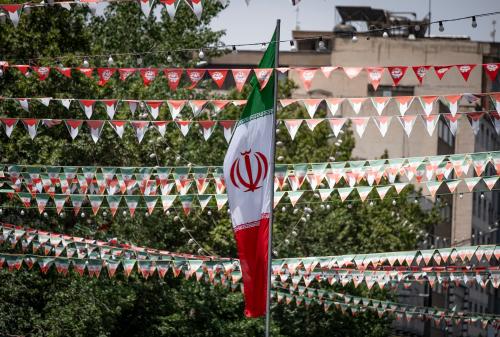It is an odd medal indeed that “may not be awarded for valor in combat under any circumstances.” But that definition is precisely what drives the need for and the controversy surrounding the military’s new Distinguished Warfare Medal.
Announced by Leon Panetta this past week in one of his final acts as defense secretary, the medal recognizes achievements in post-Sept. 11 military operations, accomplishments “so exceptional and outstanding as to clearly set the individual apart from comrades or from other persons in similar situations.” But what makes the medal so noteworthy is that there is no geographic limit on where the action took place. It was created to catch up to the military’s growing use of unmanned systems (i.e., drones) and cyber-warfare tools, and can therefore be awarded “regardless of the domain used or the member’s physical location.”
Before this medal, a Predator pilot carrying out an important mission, such as the 2006 operation that found the leader of al-Qaeda in Iraq, or a cyber-warrior taking down a key enemy network couldn’t receive such a high recognition.
The notion of granting medals to those who don’t physically go into harm’s way has elicited indignation (“Awarding war medals to those who operate America’s death-delivering video games” was the headline on a column by Salon’s Glenn Greenwald) as well as mockery (“Medals have jumped the shark when drone operators get higher medals than dudes on ground,” tweeted defense blogger Jason Fritz).
Yet, a medal of this kind was bound to come about eventually. New technologies have changed the operations and makeup of the military; a growing segment of our warriors are fighting from afar. Over the past decade, we’ve gone from a mere handful of unmanned systems to more than 20,000 in the air and on the ground. The Air Force now trains more unmanned-systems operators than it does manned fighter and bomber plane pilots combined. And military spending on cyber-operations measures in the billions of dollars, with Cyber Command set to quintuple in size.
The Brookings Institution is committed to quality, independence, and impact.
We are supported by a diverse array of funders. In line with our values and policies, each Brookings publication represents the sole views of its author(s).



Commentary
Op-edA Military Medal for Drone Strikes? Makes Sense.
February 15, 2013